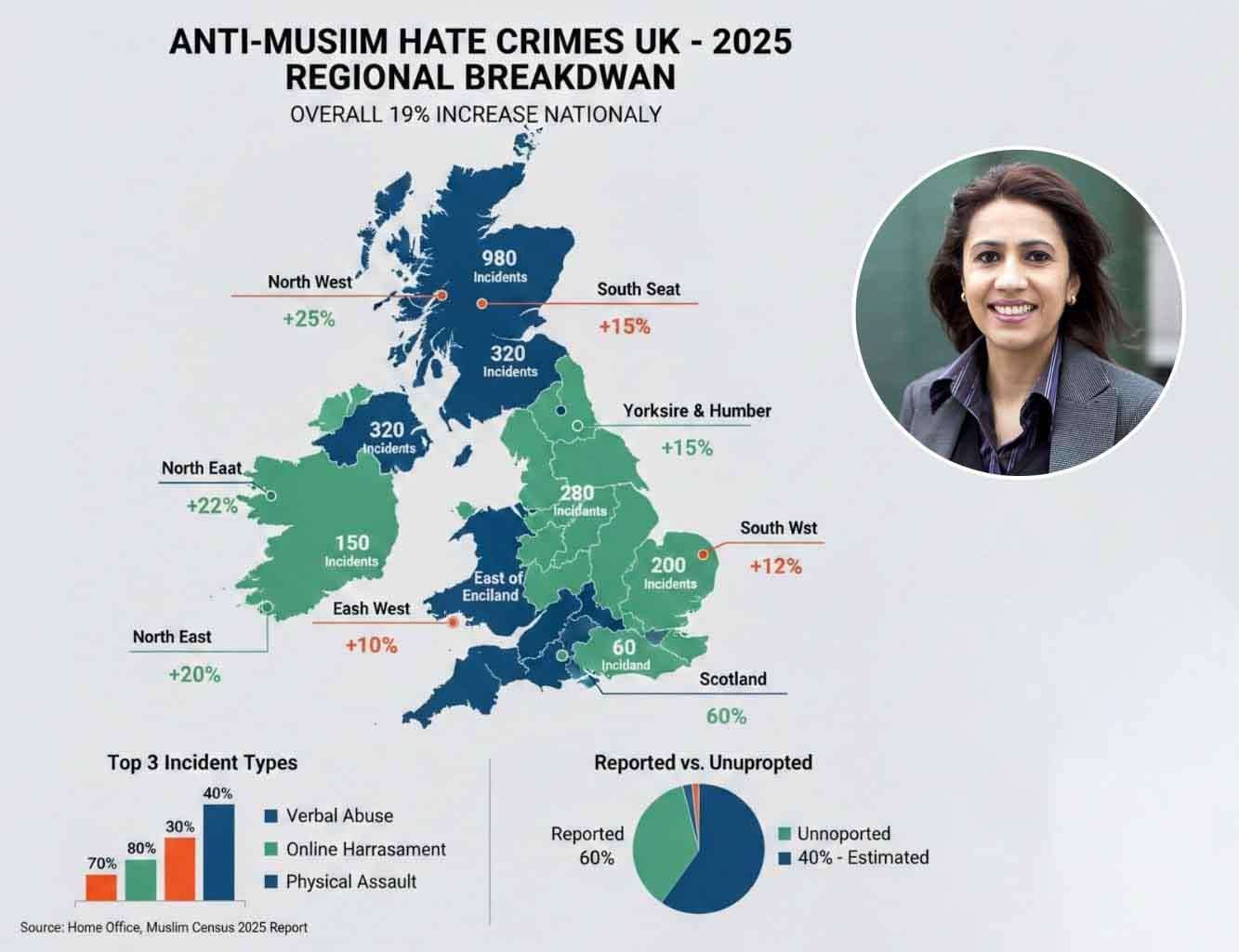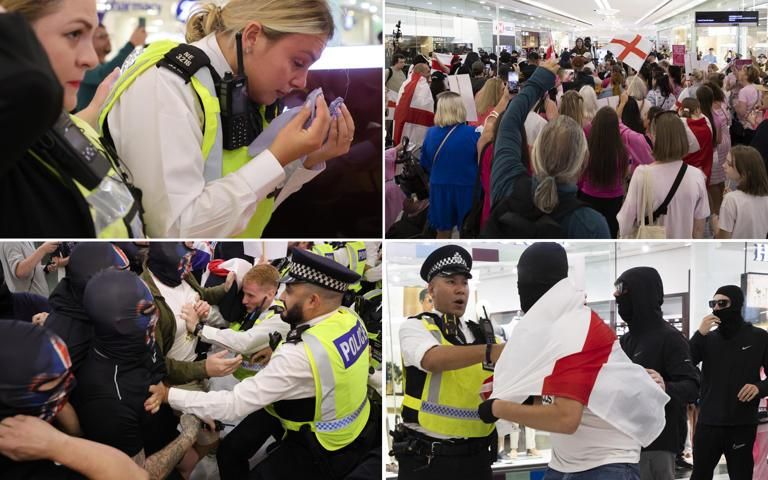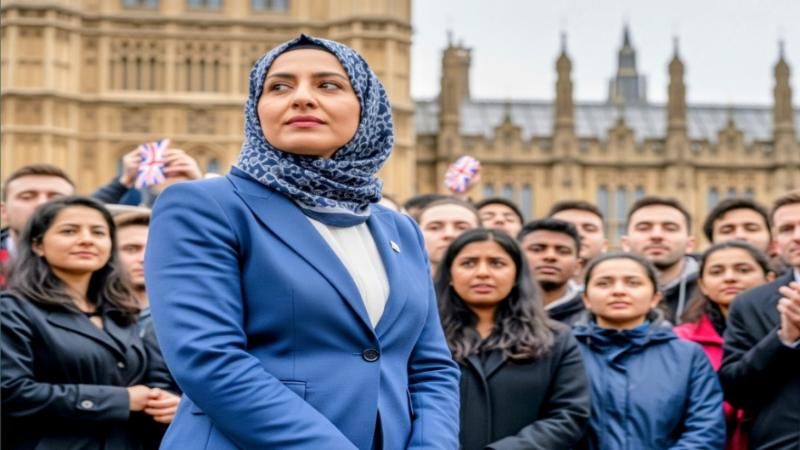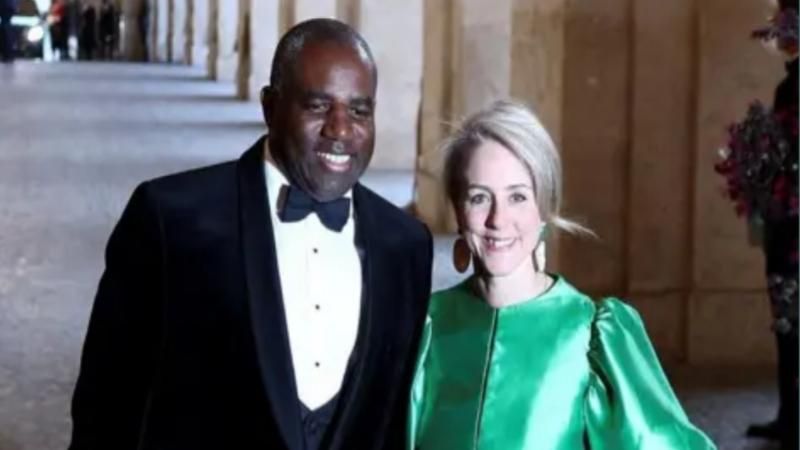The Metropolitan Police has spent over £10 million in a single month policing protests and other major events, raising significant concerns about the strain on police resources and the impact on community policing. Deputy Assistant Commissioner Ade Adelekan revealed that this immense cost is a result of managing a busy calendar of events, including multiple high-profile protests and large-scale public gatherings.
Since June, 62,829 officer shifts have been redirected from local communities to manage these events, significantly impacting the force's ability to respond to other policing priorities. The force has had to police major events such as Pride in London, the Notting Hill Carnival, concerts at Wembley Stadium, and numerous sporting fixtures.
The Financial and Operational Toll of Protests
The financial burden is further exacerbated by a continuous stream of protests. The Met is preparing for a series of large-scale demonstrations, including a rally by Palestine Action and other pro-Gaza groups, and counter-demonstrations. Additionally, there are anti-migrant hotel protests and a march organized by far-right activist Tommy Robinson. These events present unique logistical and financial pressures for the Met, as highlighted by DAC Adelekan.
"We accept that this is all part of policing in a capital city, but it does present unique cost and resourcing pressures for the Met," said DAC Adelekan. "All the officers you see out on these busy protest and event days have other core roles... it is inevitable that there will still be an impact on other policing priorities."
The Rationale and Controversy Behind the Protests
The protests, particularly those related to Palestine, are driven by deep-seated political and social motivations. Ben Jamal, director of the Palestine Solidarity Campaign (PSC), stated that the demonstrations are intended to show that "the British people are not friends of genocidaires."
Simultaneously, the Defend Our Juries (DOJ) group plans to protest in Parliament Square in support of Palestine Action, a group recently banned as a terror organization. The ban on Palestine Action came after it claimed responsibility for damaging two Voyager planes at RAF Brize Norton. The Home Office is set to appeal a High Court ruling that allowed a legal challenge against the group's proscription.
Legal Consequences and Counter-Terrorism Efforts
The policing of these events has led to a significant number of arrests and charges. In London, 138 people have been charged with terrorism offenses after being arrested at protests in July and August. The Crown Prosecution Service (CPS) has warned that those convicted face severe penalties, including up to six months in jail, being barred from education jobs, and a ban on travel to the United States, Australia, Japan, and EU countries from 2026.
Detective Chief Superintendent Helen Flanagan, Head of Operations at the Met's Counter Terrorism Command, praised the efforts of officers in handling these large-scale arrests. The Met has demonstrated its capability to manage a high volume of arrests for terror-related offenses, underscoring the serious nature of the charges. The charges relate to plans for organizing mass gatherings aimed at rendering the ban on Palestine Action unenforceable, with alleged meetings taking place across London, Cardiff, and Manchester.
Looking Ahead
The calendar remains packed with more events, including a national march against anti-Semitism and further protests at hotels accommodating asylum seekers. The ongoing need for extensive police presence at these events will continue to stretch the Met's resources and budget, raising questions about the long-term sustainability of the current policing model for protests and large-scale public gatherings.








.svg)


